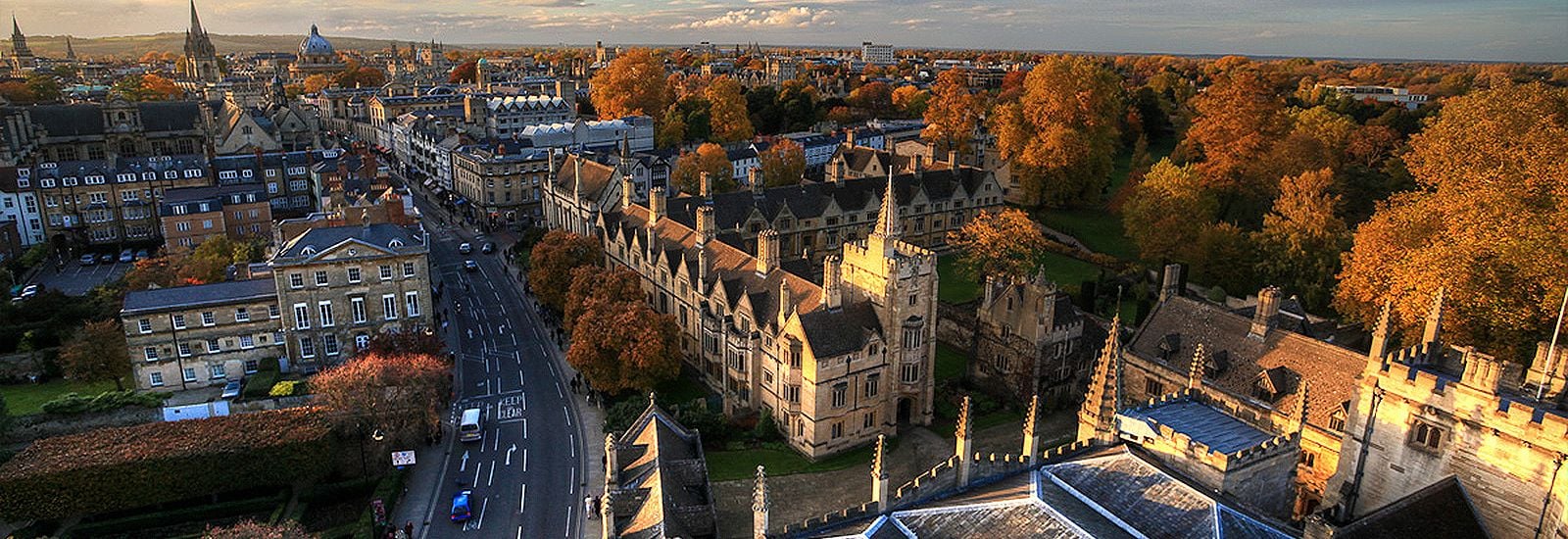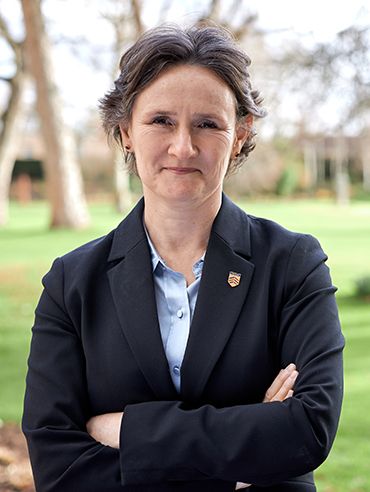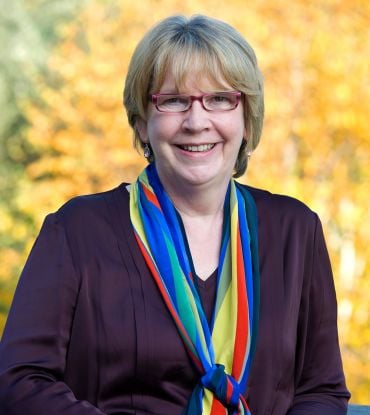
Introduction
Shared Past, Shared Future: University and City.
 Professor Irene Tracey
Professor Irene TraceyThe University’s impact on the region is far greater than its dominance of the skyline or the mixed blessing of coach parties of tourists on St Giles! The University supports more than 28,000 jobs and the total economic impact of the University pre-pandemic was estimated at £15.7 billion. There are, of course, many further examples of the economic and social impact of the University. The University partnership with the local NHS enables us to lead research into some of the most challenging health problems of our time, such as heart disease, dementia and cancer, not to mention developing the Oxford / AstraZeneca COVID vaccine. Over the course of a year millions of people visit the University museums, libraries and collections. There are countless examples to be found, some evident, some hidden, of the University working with the city.
I have always believed that, in addition to its research and teaching, Oxford University has a duty to support the community in which it lives, and to work in partnership so that, together, we set collective ambitions for all our people. As members of the community, university staff engage with the decision-making processes of the city and county on a daily basis. Our students volunteer for local organisations and enthusiastically go into schools to support education. We come together to strengthen an existing complex fabric of interwoven interests, from Low Carbon Oxford to cultural partnerships, from business and planning to the Playhouse and open spaces. As Vice-Chancellor, I am absolutely committed to strengthening and deepening the relationship between the city and the community.This will be a priority during my tenure.
I am acutely conscious of the tensions occasioned by the presence of the University. We all know, only too well, the intense pressure on affordable housing in our city. That is why we do our best to house as high a proportion of our students as possible, more than any other large UK university, thereby trying to minimise the additional strain on the private rental sector. We are also working to develop subsidised staff housing and local services in our new Begbroke development to further reduce strain on the city’s housing stock and public services, as well as generate exciting new employment opportunities.
Through our ongoing support of local projects and active engagement with local concerns we will continue to work with – and in support of – the wider Oxford community.
Professor Irene Tracey
Vice-Chancellor
 Professor Anne Trefethen
Professor Anne TrefethenCredit: Rob Judges
Professor Anne Trefethen
Pro-Vice-Chancellor (Academic Services and University Collections)
Chief Information Officer, fellow of St Cross College